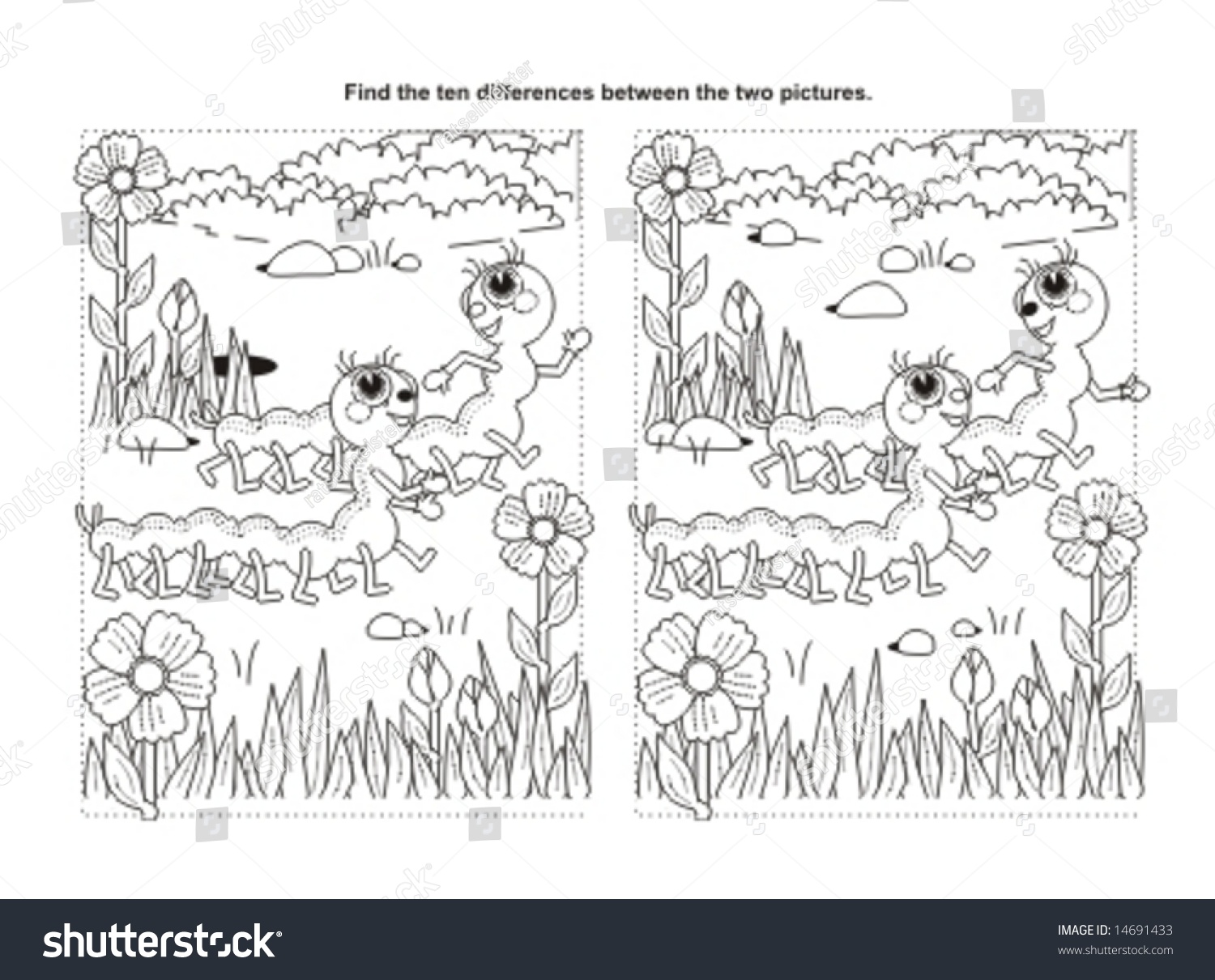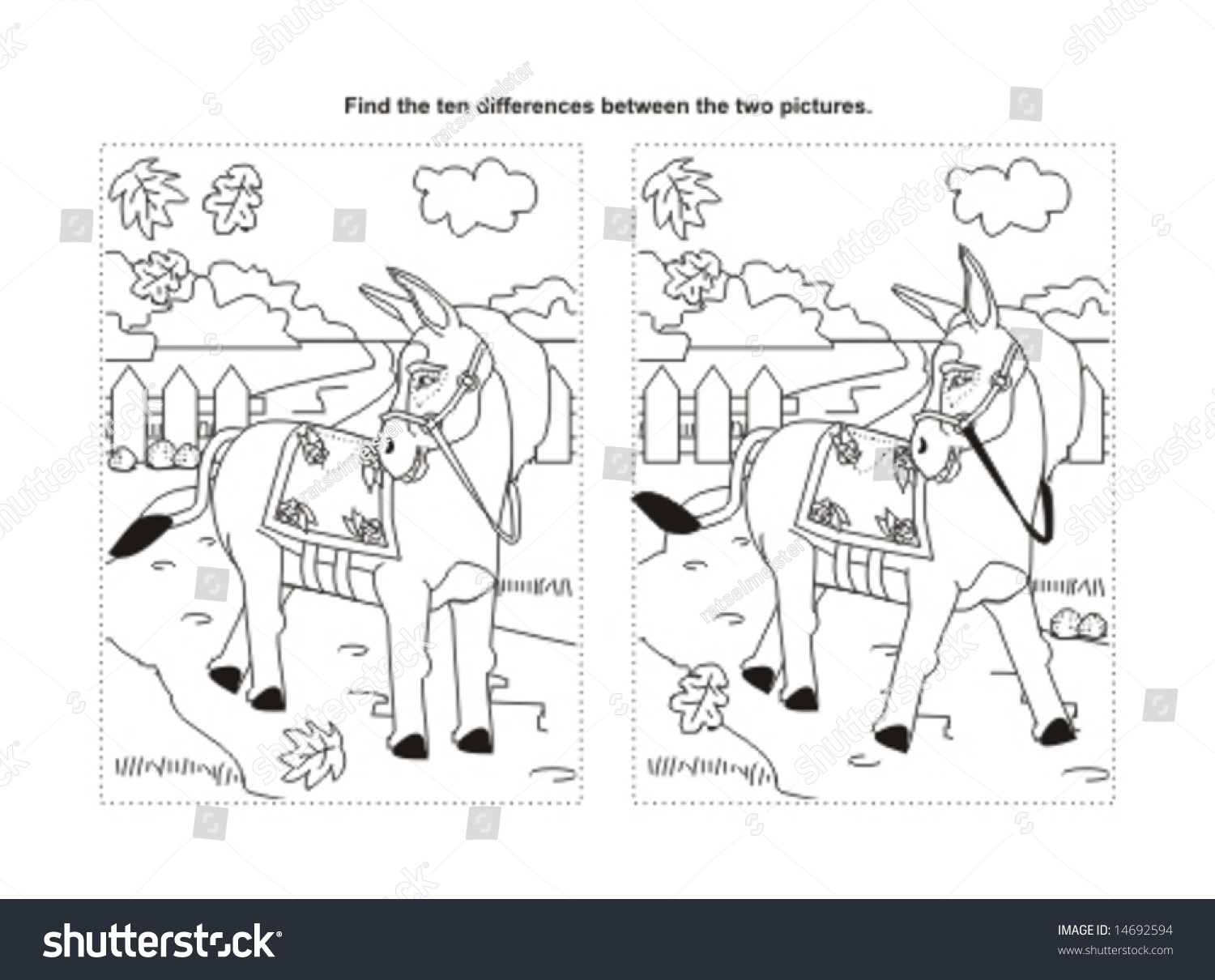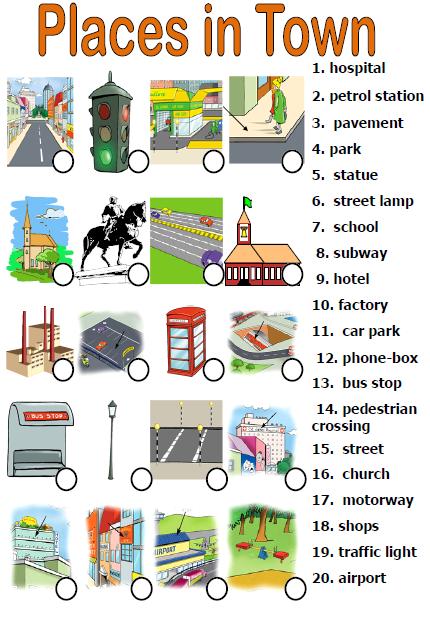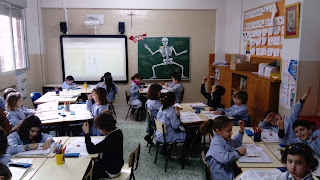Hello bloggers!
When I first opened the social science book the other day, I realized it might be difficult for 8 year old children to study the topic about Europe.
Unit 3 is very important but also very extensive. That is because we have to study some of the most relevant countries and capital cities in Europe as well as mountains and rivers. So, the question I should try to answer is: how do we study unit 3: Europe?
1. USE AN ATLAS
An Altas book is a very useful tool when studying geography. There you can find physical and political maps, information about all countries in the world and their corresponding flags.
If you are planning to buy an atlas, remember that it should be adapted to your children's age. Those from SM are always a good choice.
2. SETERRA
If you are not in the mood of spending money on books, there is an alternative and it is called SETERRA. Seterra is a free and educative software full of games and maps.
All games consists of clicking the correct answer on a map while the time is running so you should be as fast as possible. This is a good way of learning by playing and you do not have to play alone. You can play with a family member like your brother and sister. You can spend a few minutes on studying the maps and then start playing. The one who gets all the answers correct by using less amount of time should win.
There is also a website: http://online.seterra.com/es
3. WEB RESOURCES
Internet is a great place to find thousands of web resoruces related to education. And there are thousand of websites to study about geography that are very useful. Here I would recommend you some of them that I like the most:
-
JUEGOS GEOGRÁFICOS is great when you want to study in different languages (English, Spanish and French available)
-
TOPOROPA is my favourite website. It is all related to EUROPE!
-
KIDS CORNER EUROPE is kind of a board game but online. You have to roll a dice and answer several questions about Europe. If you get them all right then you should win.
These are some web resources but there are many more. Just write ``europe interactive games´´ or ``countries in europe interactive´´ on google and you shall find what you are looking for.
4. USE THE PUPILS BOOK AND ACTIVITY BOOK
My final and last advice is: do your homework, review the unit daily and study through the social science book.
Why? Because you can use thousand of web resources but, in the end, the exam is all about what we have been studying in the book.
I hope you can find this entry useful. Now it is your turn to make an effort and start studying our great continent Europe!
Best regards!











































